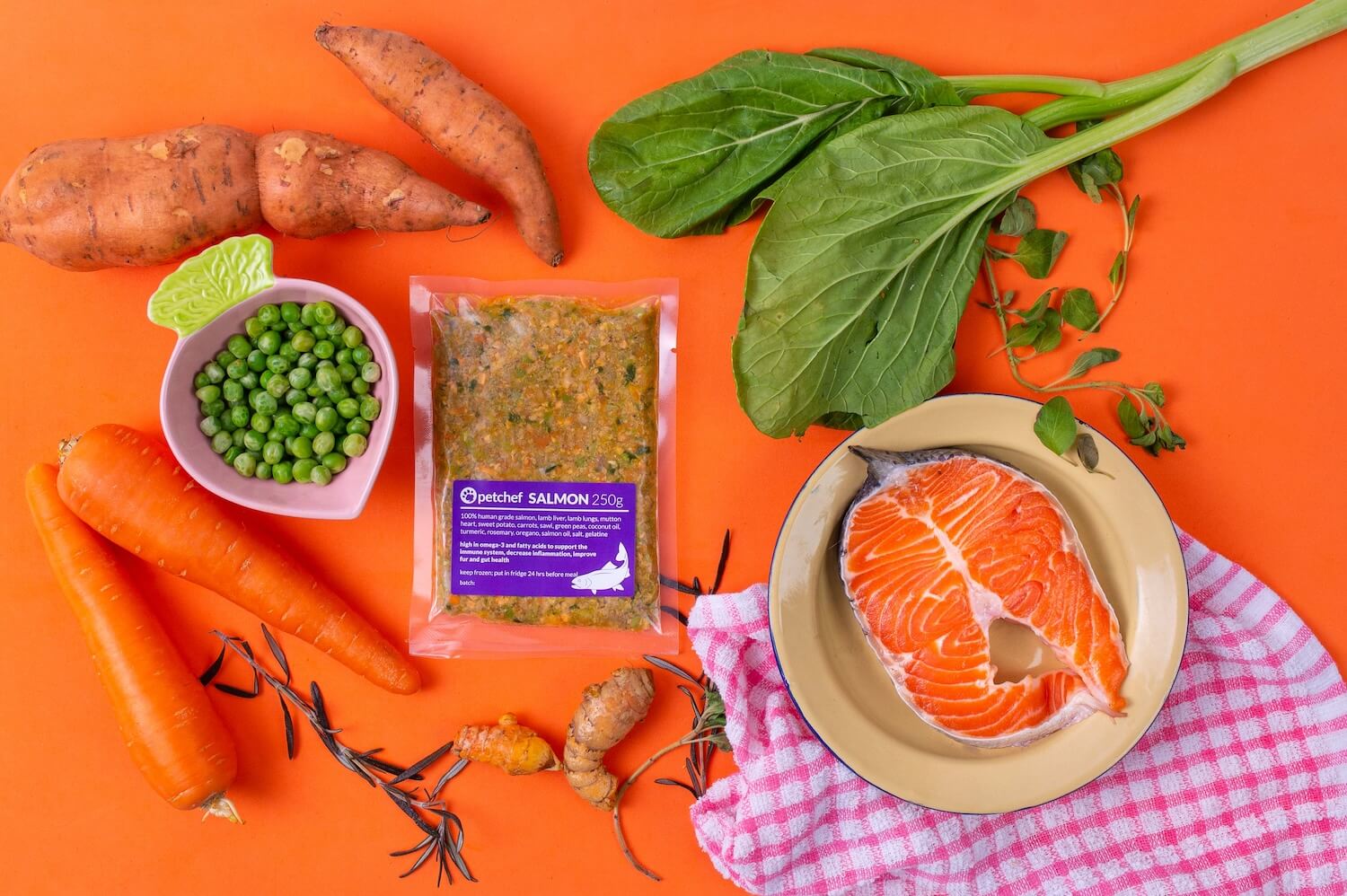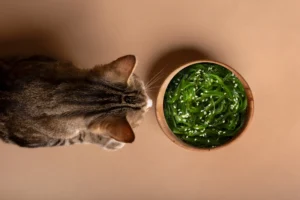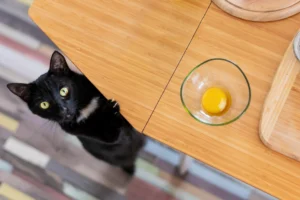First things first, the Canine Coronavirus Disease (CCoV) is not the same virus as SARS-CoV-2 that causes the novel coronavirus (COVID-19).
While the novel coronavirus attacks the respiratory systems of humans, the Canine Coronavirus Disease causes gastrointestinal problems in dogs instead.
How It Gets Transmitted
CCoV is a highly infectious intestinal infection caused by a virus that thrives in overcrowded and unsanitary places. Pretty much like your standard animal diseases. This is because it’s spread through the saliva and feces of an infected dog.
Hence a dog may even become infected by eating from contaminated food bowls or from direct contact with an infected dog.
How Long It Lasts
The lifespan and effect of the virus goes a little like this:
- One to four days of incubation period from ingestion to showing clinical signs
- Two to ten days of illness that may be prolonged due to secondary infections by bacteria, parasites and other viruses
- Up to 6 months (180 days) of being carriers of the disease post infection
Some Common Signs
The signs and symptoms of canine coronavirus may be more severe if they’ve caught the parvovirus as well. In this instance, these common signs may be accompanied with fever and vomiting:
- Sudden onset of diarrhea that appears to be soft or watery, with an orange tint and a fetid odor. It may contain blood or mucus as well
- Lethargy
- Decreased appetite
Should your dog or puppy be exhibiting any of these signs, it’s best to isolate them and all their belongings as well as call up your vet.
Usual Tests & Diagnosis
A subsequent visit to the vet may have your pet undergo the:
- Fecal Antigen Test which checks a fecal sample for the parvovirus
- Fecal Floatation which tests a fecal sample by placing it in a solution that causes the feces to sink and parasites to float
- Radiographs which checks for blockages in the intestine that may cause the diarrhea
- Complete Blood Count (CBC) which checks organ function by measuring the amount of white and red blood cells
Is There A Cure?
Unfortunately there currently exists no specific treatment for canine coronavirus. And antibiotics are ineffective against viruses anyway.
Hence early medical intervention is key to a successful treatment as the vet would be able to prescribe antibiotics for secondary infections or intravenous fluids for dehydration. With all the necessary treatments, the prognosis is usually not fatal.
Upon recovery, the vet may suggest withholding food for 24-hours after the diarrhea ceases and gradually reintroducing small amounts of food.
Prevention Is Better Than Cure
Similar to most viruses, opting for a vaccination rather than waiting and relying on the body to naturally fight the virus is the safer and smarter choice. And this virus is a vaccine-preventable one.
Which is why it’s especially important to go for the recommended vaccinations and checkups at your vet.
-//-
Besides the regular checkups, vaccinations, treats, belly rubs and walks,a well balanced diet also plays a crucial part in our doggos overall health and wellbeing.
Here at Petchef, we believe that feeding your pet should not burn a hole in your wallet nor cause them health issues which would warrant a hefty medical bill.
Which is why we’ve created the option for pet parents to have freshly cooked human-grade pet food delivered right to your doorstep. Starting from RM80 a month, your pet will get to enjoy meals tailored to their dietary requirements and preferences.
All you’ll have to do is tell our Petchef Advisor about your pet for us to work out a suitable meal plan for your pet. PS: You can get a free meal sample too!






















